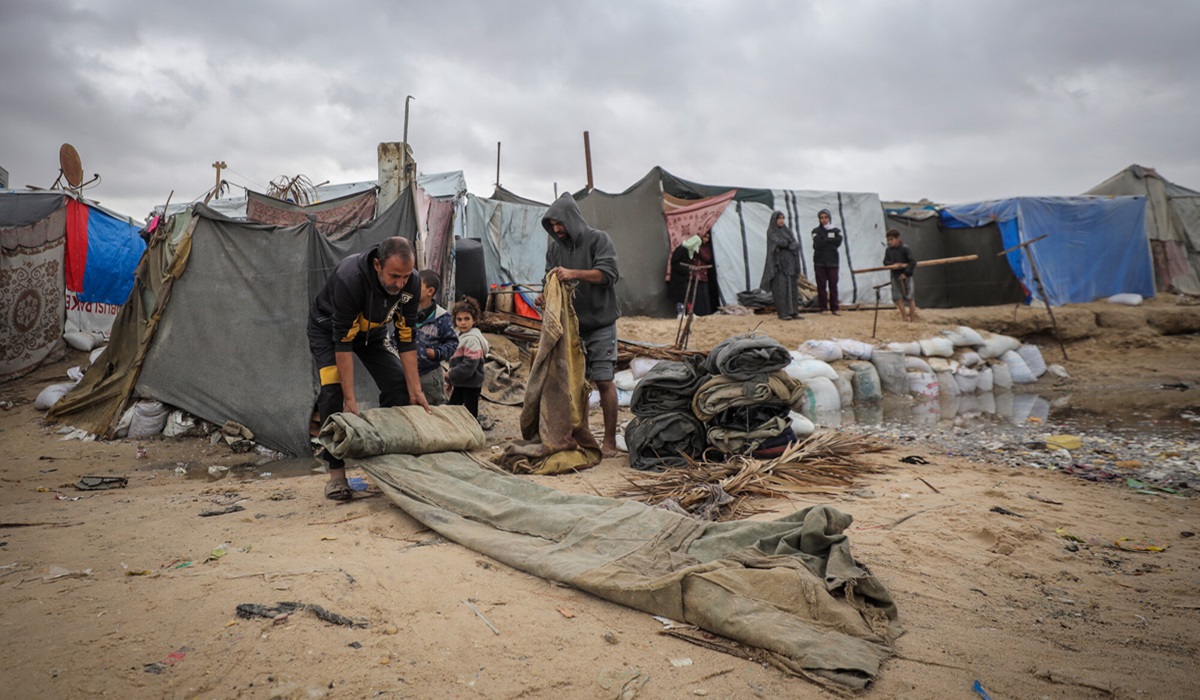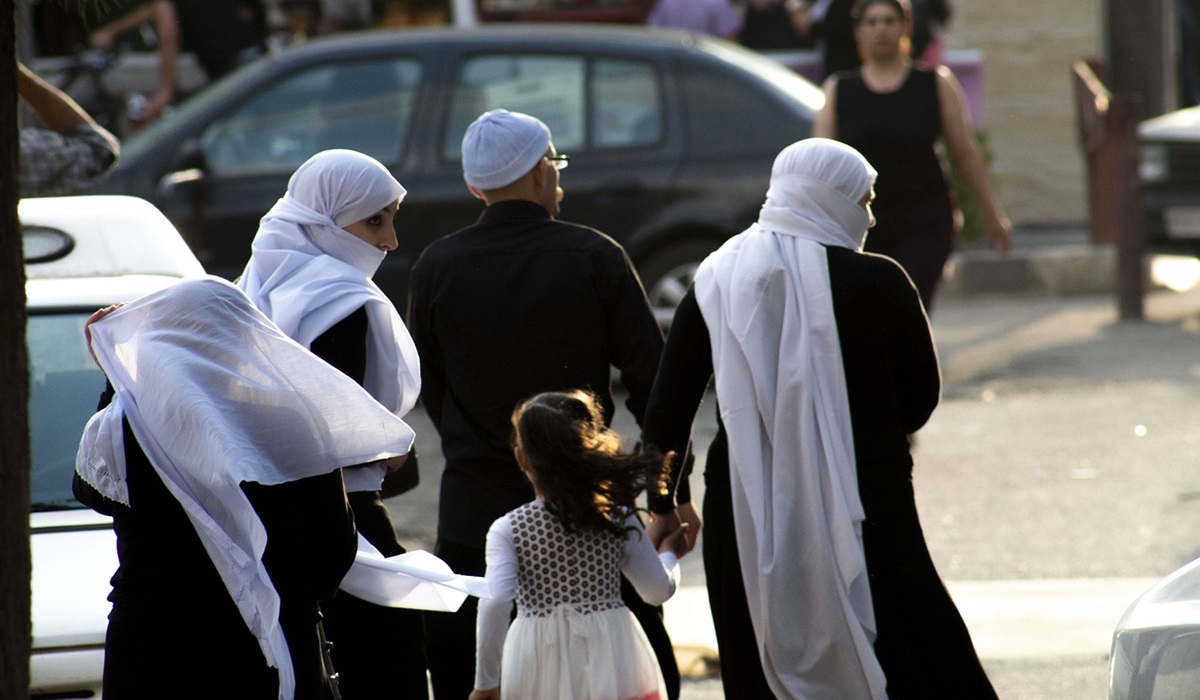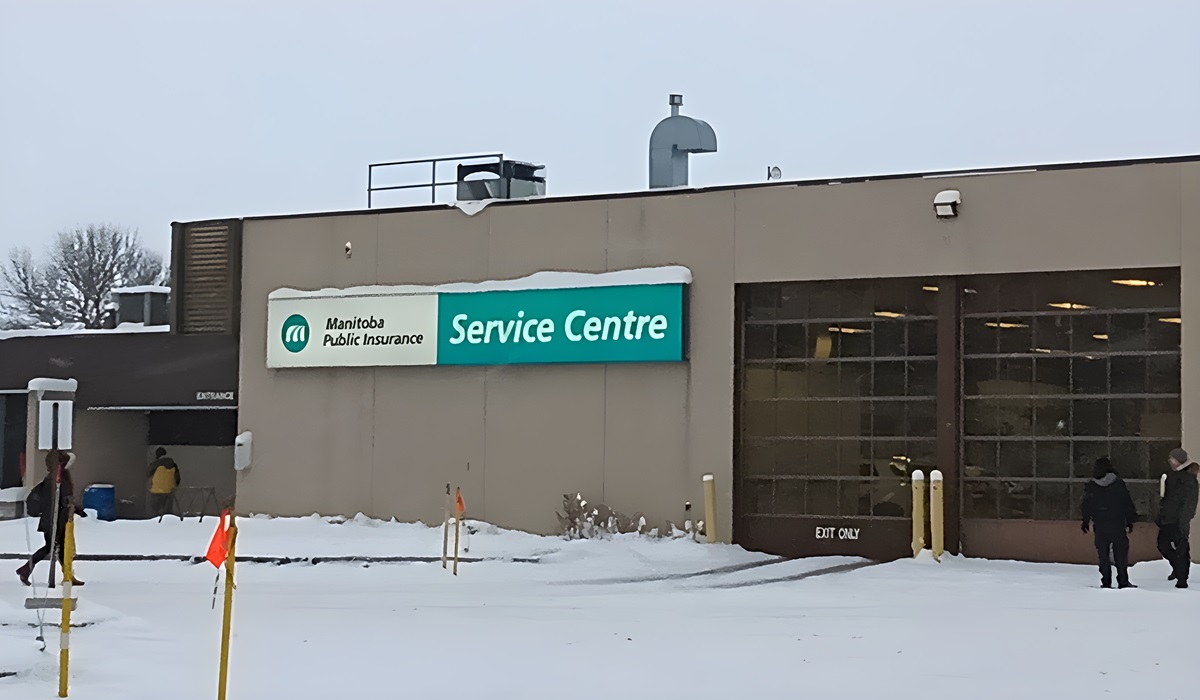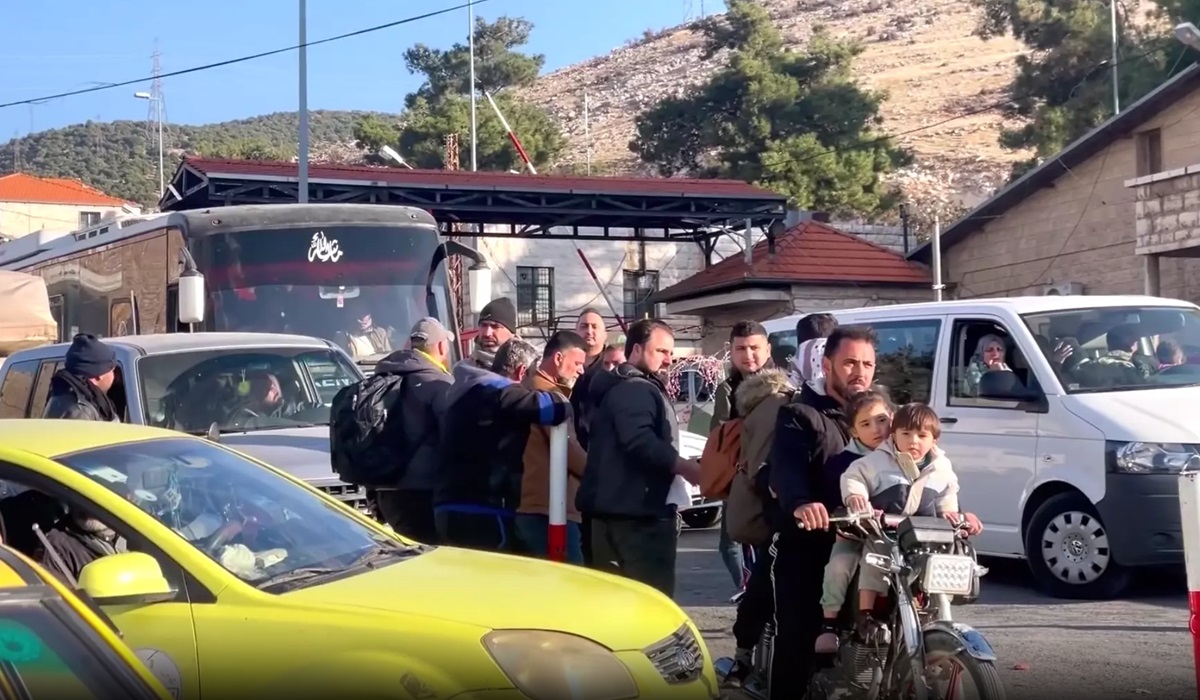Gaza’s Unbearable Humanitarian Crisis: A Call for Immediate Action
- Ingrid Jones
- Breaking News
- Middle East
- October 1, 2024
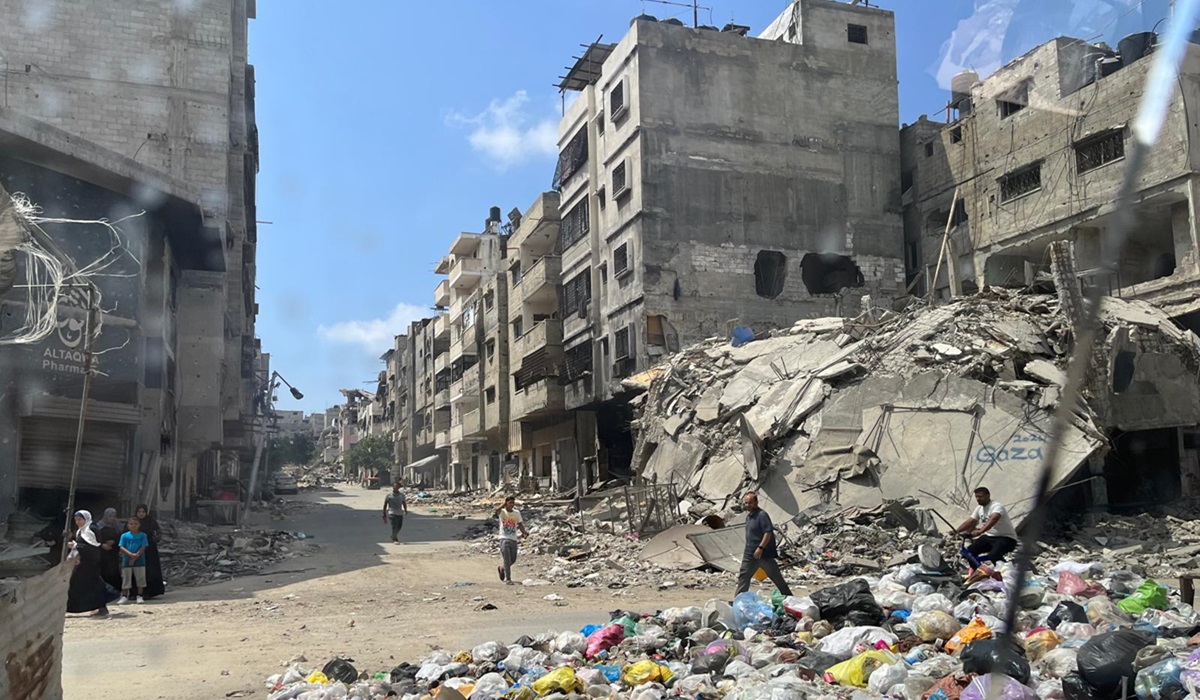
The relentless violence and devastation that has gripped Israel, Gaza, and neighboring regions over the past year has left civilians caught in an unforgiving cycle of suffering. As the one-year mark of this catastrophic conflict approaches, the Norwegian Refugee Council (NRC) has issued a dire call for a complete and lasting ceasefire. This, they argue, is the only path to ending the relentless destruction that has ravaged countless lives and homes.
Jan Egeland, the NRC’s secretary general, highlighted the staggering toll that 12 months of violence have inflicted on the region. “For 12 months, the horrific events in the occupied Palestinian territory, Israel, and Lebanon have wrought havoc, and we are now on the cusp of an all-out regional war,” Egeland remarked, stressing that civilians have borne the brunt of this devastation. Hundreds of thousands have been killed, injured, or displaced, with children making up a substantial portion of those traumatized, hungry, and sick. Despite the unprecedented suffering, the parties remain no closer to achieving a ceasefire than they were during the darkest moments of the conflict.
Egeland emphasized the role of international actors in perpetuating this bloodshed, noting that as long as weapons flow into the region, the war machinery will continue. He warned that those fueling the conflict bear significant responsibility for the ongoing humanitarian crisis, urging governments to use their power to halt the suffering. A failure to act, he contended, will only deepen the tragedy for civilians caught in the crossfire.
Throughout this grim period, humanitarian organizations like the NRC have continued their work under perilous conditions. In Gaza, NRC teams have managed to remain operational despite frequent displacements and severe disruptions. Yet the aid entering Gaza has been woefully insufficient. In September, an average of just 50 aid trucks per day crossed into Gaza, the lowest number since the conflict escalated, falling far short of the growing needs. Egeland described the humanitarian situation in Gaza as “unbearable,” with civilians lacking basic necessities such as shelter, food, and clean water. Despite the immense challenges, the NRC remains committed to assisting those in need, with their staff risking their lives to provide aid in one of the world’s most hostile environments.
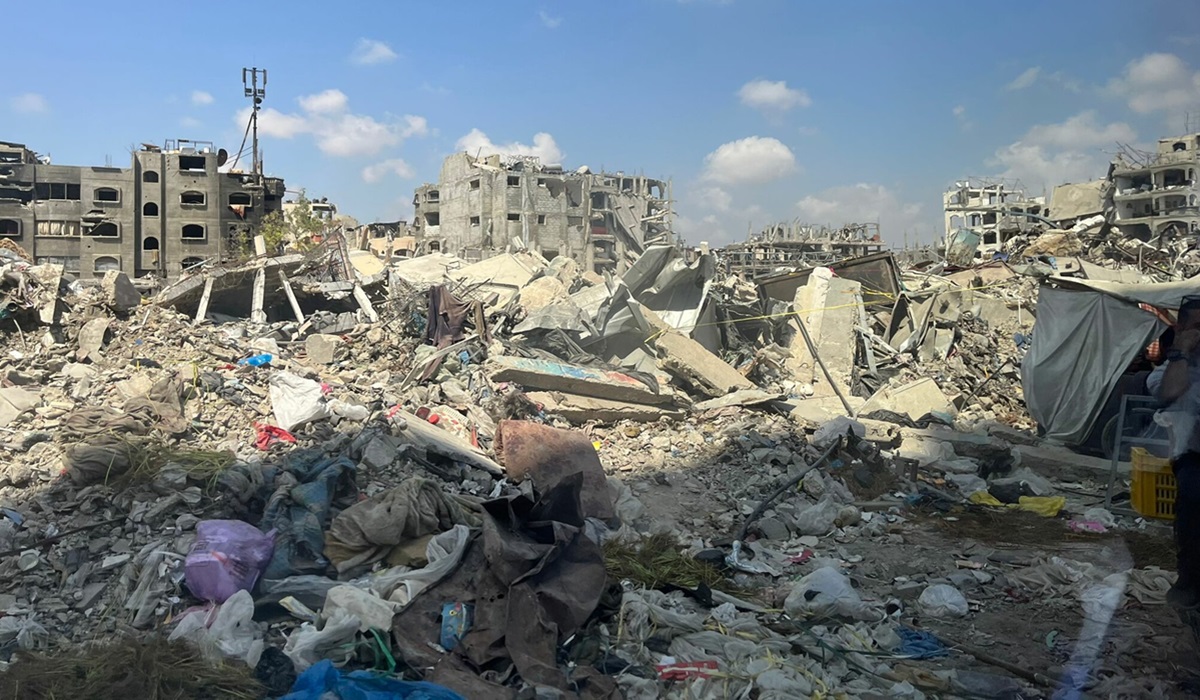
The humanitarian crisis in Gaza is staggering in scope. An estimated 1.9 million Palestinians—90% of the population—are displaced, with many facing multiple displacements due to ongoing Israeli relocation orders. According to the Palestinian Ministry of Health in Gaza, over 41,000 Palestinians have been killed, and more than 96,000 have been injured. The situation has been exacerbated by Israel’s large-scale assault, which followed attacks by armed groups from Gaza in early October. In Israel, over 1,200 people have been killed, and more than 5,400 injured. The conflict has also spread to Lebanon, where Israeli airstrikes have displaced over a million people and killed more than 1,600 in the last week alone. The violence has not spared humanitarians and medical workers, with hundreds killed while attempting to provide life-saving assistance.
The sheer scale of destruction means that recovery will take years, if not decades, to achieve. Gaza, already battered by years of blockade and war, now finds itself in a state of near-total collapse. The continued closure of crossings into Gaza has only worsened the situation, blocking the flow of critical aid that could alleviate the suffering. Egeland urged for these crossings to be opened immediately, stressing that there is no excuse for the ongoing hardship faced by civilians.
In addition to addressing basic humanitarian needs, the NRC has implemented a wide range of programs to support the most vulnerable in Gaza. This includes providing emergency shelter, safe drinking water, and hygiene supplies to displaced families in over 40 internally displaced persons (IDP) sites. The organization also offers psychosocial support for traumatized children, legal assistance, and specialized protection services for those in dire need. For the first time since the conflict escalated, the NRC has resumed operations in northern Gaza, a testament to their unwavering commitment to helping civilians amidst unprecedented challenges.
Despite the immense challenges, humanitarian organizations like the NRC remain one of the few lifelines for those trapped in this never-ending conflict. Yet, as Egeland rightly pointed out, the only true solution to the suffering is a complete and lasting ceasefire. Without this, the cycle of violence and devastation will continue, and the suffering of civilians will persist.
The international community must recognize its role in perpetuating this conflict and take urgent action to bring about peace. Failure to do so will only prolong the agony of millions of innocent people who have already endured far too much. As the region teeters on the edge of an even more catastrophic escalation, the need for a ceasefire has never been more urgent. It is time for the world to act, before even more lives are lost to this senseless violence.



